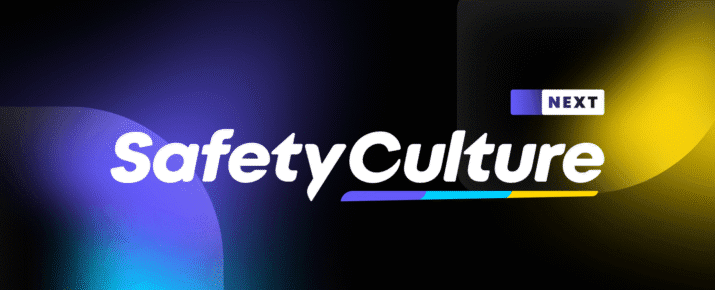The Data Revolution is Here and it’s Changing Everything
SafetyCulture News | By | 21 Aug 2018 | 3 minute read

There’s no question we’re in the midst of a data revolution. We’re generating more data than ever before, and finding more ways to use it. Apps, search engines and other data stores analyse enormous quantities of information in real time. The results inform ground breaking discoveries or allow us to do new and unexpected things.
“We’re unlocking the power of data,” says Shujia Zhang, SafetyCulture’s Lead Data Scientist. “And with machine learning, artificial intelligence and deep learning, we’re unlocking new ways to use it.”
The explosion of data and the ability to analyse it has led to many creative developments and uses. Here are just a few:
Data from the deep
Recreational fishing has traditionally been as much about luck as it is about skill. But now, science is getting in on the act. App Bassgold, is a data-based tool to help anglers around the US catch more fish.
Enter the location or type of water body you’re visiting, and the time of year and the app will tell you the best spot to sink a line. It accesses reams of data from fishing tournament wins stretching back more than 50 years. Then it recommends precise locations and lures to use for optimum success. Even when visiting a lake for which there’s no direct data, Bassgold uses data patterning to make accurate predictions.
Urban Foraging
The industrialisation of food production coupled with the environmental cost of food transport and storage, and the desire to ‘go local’ has resulted in an urban foraging movement.
Local communities and groups might share information using messaging systems or word of mouth. But those efforts pale in comparison to the impact of Falling Fruit—an interactive online global compendium of local food sources.
From berries to dumpsters, the website uses multiple datasets to produce maps that direct you to food sources. Whether it’s the fig tree on the corner of Northgate Street and Victoria Avenue in Adelaide or the two big apple trees on public land near Gentofte Hospital in Copenhagen, Falling Fruit knows about it.
Making movies
Hollywood has been using big data to refine its marketing for years. But now it’s moving beyond the traditional four-sector grid that informs and categorises advertising according to male/female; over-25/under-25. Using more data means Hollywood can be incredibly precise in how it promotes certain movies to particular audience segments.
By doing things like analysing online movie reviews, monitoring social media conversations and looking at box-office receipts, Hollywood believes it’s now possible to predict which movies will do well. Even, to know which actors have appeal and how audiences are likely to respond to a new movie.
It’s not quite screenplay-and-casting-by-algorithm, but more a matter of understanding patterns in the data and how to use them to help make better films.
Go with the flow
Nobody likes waste. Far from being an inexhaustible resource, water is increasingly precious. That’s why internet-connected water meters are being deployed around the world.
Australian outfit Taggle has had great success with them, from working with Mackay Regional Council in Queensland, to fitting out a new apartment block in Sydney’s central business district.
The meter monitors water flow and integrates that with rainfall and other data. Meaning residents can identify water wastage and councils can plan maintenance and emergency responses. And water treatment infrastructure can be optimised, building a ‘smart city’ from the ground up.
And that’s just the beginning…
Ticket pricing, precision medicine, weather forecasting and operating ski lifts are more ways we see data inform the way we live.
In the world of OHS and compliance, big data is making big strides. Everything from automating audit processes to generating insights that help businesses protect their brands, reduce stock loss, improve customer loyalty and boost workplace safety is possible.
“We already analyse data to help users find the best checklists and refine best practice,” says, Shujia, “and we’ve got lots of projects in the works.”
iAuditor’s new in-app feature Sites employs data to make your life easier. Read more about it here.
Important Notice
The information contained in this article is general in nature and you should consider whether the information is appropriate to your specific needs. Legal and other matters referred to in this article are based on our interpretation of laws existing at the time and should not be relied on in place of professional advice. We are not responsible for the content of any site owned by a third party that may be linked to this article. SafetyCulture disclaims all liability (except for any liability which by law cannot be excluded) for any error, inaccuracy, or omission from the information contained in this article, any site linked to this article, and any loss or damage suffered by any person directly or indirectly through relying on this information.





